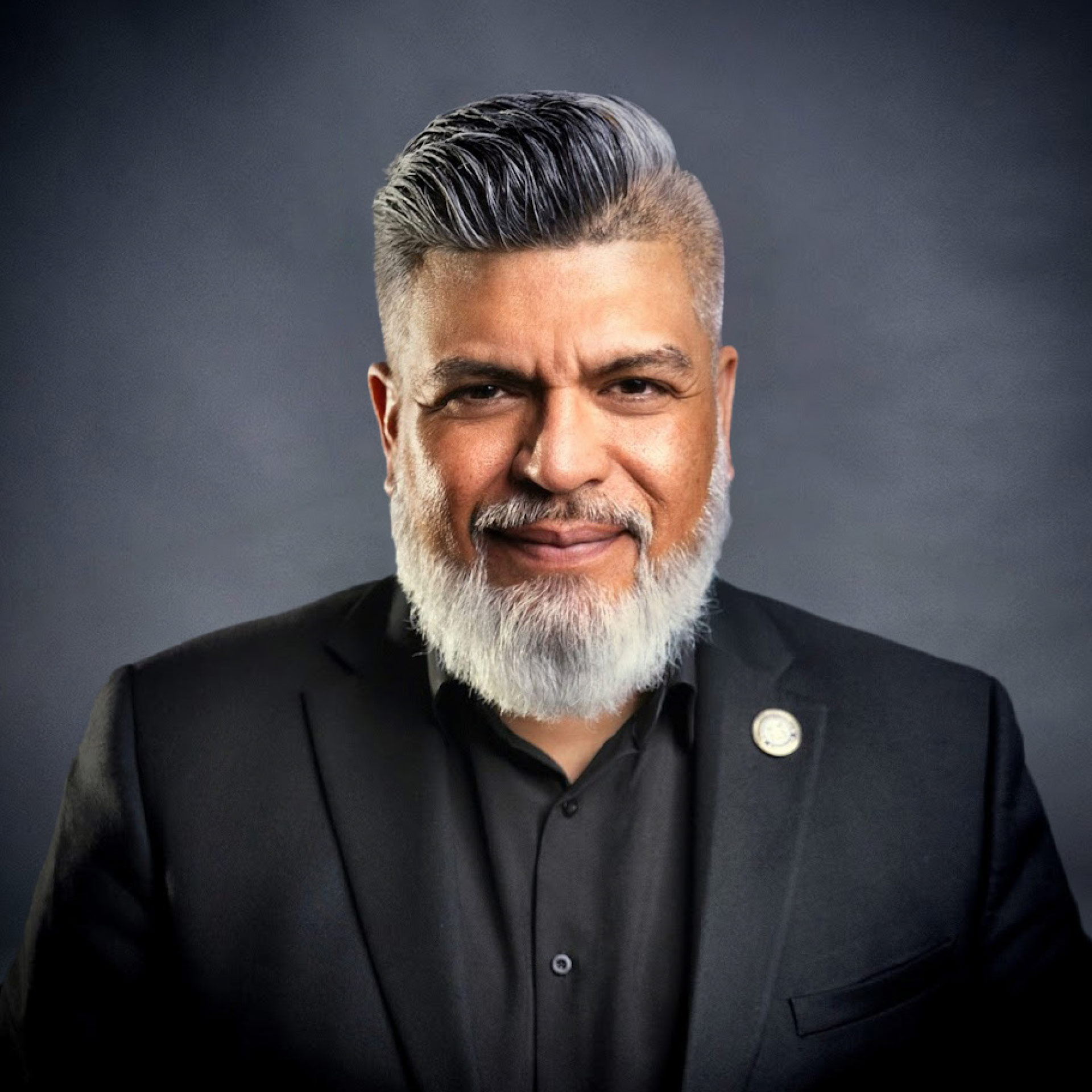
Let’s just say it plainly: The future of law enforcement is being shaped in the front seat of a patrol car — not in a classroom, a boardroom or at some conference. It’s in those long days and late nights when rookies ride alongside field training officers (FTOs).
That’s where they learn what it really means to wear the badge.
And that’s exactly where we’re getting it wrong.
Over the past 20-plus years in this profession — and 12 years as a field training coordinator at a state agency in Texas — I’ve seen a pattern play out across jurisdictions, patches and personalities: veteran officers with old-school mentalities clashing hard with a new generation of recruits. And the wreckage this causes shows up in low morale, bad decision-making, early resignations and, in some cases, tragedy.
Field training isn’t about proving you’re the alpha. It’s about developing future leaders.
This article isn’t about bashing old-school cops — I came up in that system, and I respect what it gave me. But if we’re being honest (and we should be), there’s a difference between honoring tradition and weaponizing it.
And nowhere is that clearer than in one of the most poisonous lines I’ve ever heard from an FTO: “Forget everything you learned at the academy … I’ll teach you the right way.”
Let that sink in. That sentence right there? It’s a wrecking ball. And it’s swung at rookies every damn day.
The silent damage behind a loud phrase
That single sentence undoes months of instruction. It mocks the academy, dismisses policy and undermines everything from civil liability to officer safety. But more than that, it erases the identity and confidence of a brand-new officer before they’ve even had a chance to apply what they know.
I once had a recruit come to me privately after a week with a toxic FTO. He looked wrecked. He said all the right things, but his eyes were saying, “I don’t belong here.”
I asked him what was going on, and he said something I’ll never forget: “Sir, I love this job … but I hate who I’m becoming.”
That one hit me hard. This was a squared-away cadet — fired up, ready to serve, full of potential — and in just a few days, the wrong field training approach had him questioning not just his skills and identity, but his very soul.
That’s not training — that’s identity erosion. And it doesn’t just affect the rookie. It ripples through every future call, every community contact and every split-second decision they’ll ever make.
“Thick skin” or numbed-out cops?
We need to kill the myth that thick skin makes better officers. It doesn’t. It makes numb ones.
There’s a difference between building resilience and shutting someone down. Unfortunately, some FTOs don’t know the difference, and they’re proud of it. They think if you don’t break a rookie down first, they won’t be tough enough to handle the job. That mentality might’ve survived in 1999, but today it’s malpractice.
We ask rookies to de-escalate, build trust, understand mental health, think critically — and then we assign them to an FTO who tells them all that’s “academy fluff.”
I once had a recruit pulled into my office after his first rotation. His body language said it all — head down, confused, second-guessing everything. I asked what happened. He said, “I was trying to use the de-escalation techniques we were taught … but my FTO told me I looked weak. They said to stop acting like a social worker.”
So I asked, “What did you do?”
He said, “I did what he told me to do. I shut up and followed orders.”
That’s not training. That’s conditioning. And it’s the kind that leads to hesitation, overreaction or silence when it matters most.
Generational divide or generational blind spot?
Let’s get real — today’s rookies aren’t broken. They’re just built differently.
They’re digital natives who grew up with feedback loops, collaboration and exposure to diversity in every form. They’re used to asking why, and they’re not afraid to challenge what doesn’t make sense. That’s not weakness. That’s adaptability.
So when an FTO confuses questions for insubordination, or equates emotional intelligence with softness, we lose good people. Or worse, we convert them into the very thing they swore they’d never become.
You don’t have to coddle new officers. But you damn well better coach them. Field training isn’t about proving you’re the alpha. It’s about developing future leaders.
The legal risk: When “the right way” goes wrong
Let’s talk liability for a second. In 1989, the Supreme Court ruled in City of Canton v. Harris that failure to train properly can lead to municipal liability. In plain English: If your FTO is teaching shortcuts, and those shortcuts lead to harm — you’re not just morally responsible. Your agency is legally exposed.
The “real way” they’re pushing might not be consistent with policy, law or best practice. So when something goes sideways on a traffic stop or use-of-force encounter, and that officer says, “I was just doing what my FTO taught me,” you’re cooked.
So what do we do?
If we want to fix this, we need to stop preserving bad habits under the banner of “experience” and start promoting real mentorship. Here’s how:
- Choose FTOs for their coaching ability, not their time on the job. Passion, communication and credibility should be the standard.
- Incorporate structured feedback from recruits. Anonymous and reviewed. If your program can’t handle internal critique, it won’t survive public scrutiny.
- Modernize your evaluation rubrics. Don’t just measure command presence — measure communication, emotional control, adaptability and ethics.
- Train FTOs on how to train. Just because someone can do the job doesn’t mean they can teach it.
Final word: Light the flame, or kill it?
Let me say it like this: The rookie next to you could be the one showing up to your mayday call one day. You want someone who’s sharp, skilled and clear-headed — not someone who was molded by bitterness and bad habits.
So here’s the real question every FTO and training supervisor needs to ask themselves: Are you lighting the blue flame in that rookie, or are you stomping it out with ego, sarcasm and old war stories?
Because the job is hard enough already. Let’s stop making it harder by mistaking tradition for truth, and instead build a training culture that doesn’t just survive the times but leads through them. Train with purpose. Lead with humility. And never — never — ask a rookie to forget what they learned. Because if it’s good training, it should be worth remembering.
As seen in the August 2025 issue of American Police Beat magazine.
Don’t miss out on another issue today! Click below:






